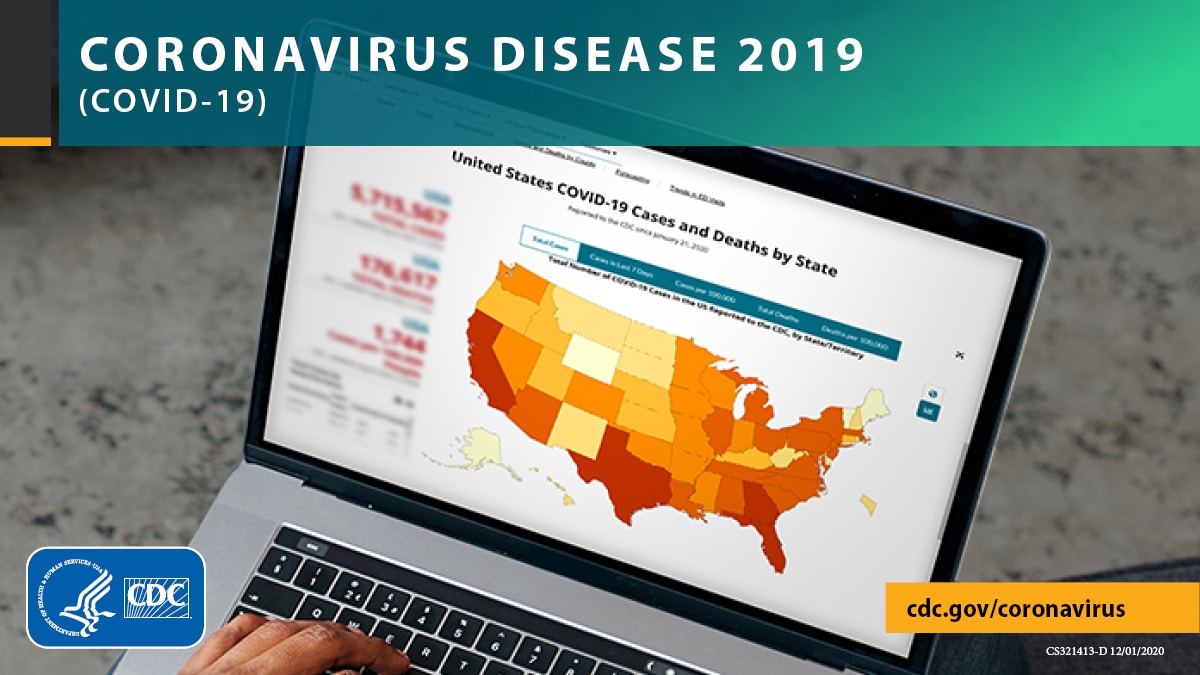Estimated total cases in the US - 81 Million
Cases, data, and surveillance to track and analyze COVID-19.

www.cdc.gov
Asymptomatic persons in the US - 132mil
Total Vaccinated - 34 mil
See how many COVID-19 vaccines your state received, and how many people have been given one so far.
www.usatoday.com
Total Safe = 247mil or 75%
So at 75% are we not at herd immunity? Why didn't Joe Biden state as such? I would recommend listening to the podcast.
Herd immunity will happen, naturally and with vaccines to help. I remain more optimistic than the MSM (current estimates by various media sources is by 2022 for global immunity) but considering how they error towards caution I'll hope for sooner.
"India, a country of 1.3 billion people, has registered the world's second-highest number of coronavirus infections, at about 11 million. Experts say the real number of infections in the country could be much higher than the official figure. Only the United States has recorded more COVID cases than India.
But, in recent weeks, new coronavirus cases and deaths have plummeted in the country, prompting many people here to believe the worst phase of the pandemic is finally over.
New COVID cases and deaths have fallen sharply in India in the past few weeks, which has led some officials to suggest that the country has achieved herd immunity. But how credible are these claims?

www.dw.com
A couple things about the approved vaccines is: unknown duration of protection (the article below is informative about that aspect- it could protect from 3 weeks out until various limits), the need for booster shots (think annually like the flu one) will be developed and encouraged due to variances that will continue to occur and won't be covered under the currently approved vaccines (some give percentage of likelihood of protection, however). Long term studies will come into play regarding cross-sectional outcomes which will not happen for some time. This is what I am most interested to find out, along with millions of other people.
That being said, the article linked below details how efforts to release an effective antiviral pill and perhaps nasal spray are in the works. Currently several studies underway with promising outcomes. One possibility: "Researchers are guardedly optimistic about molnupiravir, a nucleoside analog that can be taken as a pill and was originally developed to combat influenza. Last year, concerns swirled around the drug after a
whistleblower criticized what he saw as an improper effort to steer federal funding to it. But positive results have kept progress on track". Interesting that a flu treatment might prove effective.
Regarding the path of an effective antiviral drug: “This is going to take time,” says Michael Sofia, a chief scientific officer with Arbutus Biopharma, a Canadian antiviral company. And money.
According to recent estimates, bringing a new drug to market costs between $985 million and $2.8 billion. Anderson says Pfizer, for one, is committing company resources to defeating the pandemic without expectation of profit. Other companies say the same. But during previous lulls in infectious disease outbreaks, many drug companies abandoned work on antivirals. “As soon as this stops being a hot area, people will move on,” Nwankwo says.

www.sciencemag.org

 www.cdc.gov
www.cdc.gov


 podcasts.apple.com
podcasts.apple.com




